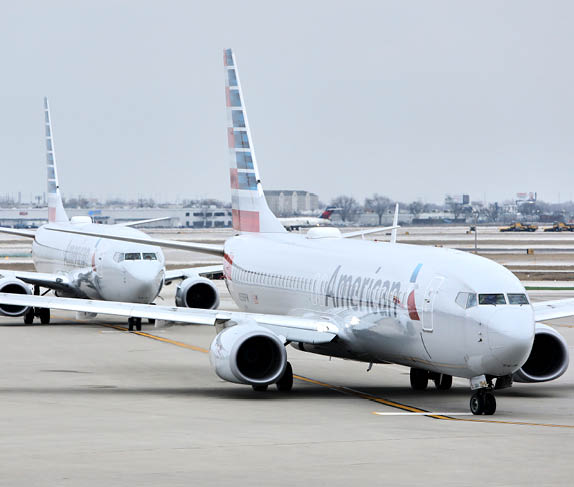Southwest Airlines confirmed on April 2 that it has closed a $1bn revolving credit facility and has terminated the revolving credit facility dated April 28, 2011, which would have expired April 28, 2016.
The new $1 billion five-year revolving credit facility agreement was arranged by Citigroup Global Markets and JP Morgan Securities, which also acted as co-administrative agents. Citibank is acting as paying agent, Morgan Stanley is Syndication Agent; Bank of America, Barclays Bank, Deutsche Bank Securities, Goldman Sachs, and Wells Fargo are Documentation Agents. BNP Paribas, Comerica and US Bank also participated in the syndicate of lending banks.
The revolver is secured on a pool of 88 737-700 vintage (1995-2005) aircraft that the documentation cites the current total market value as $1.273bn.
On drawn amounts outstanding under the Revolving Credit Agreement, Southwest agrees to pay interest rates based on either the LIBOR rate (selected by the Company for designated interest periods) or the “alternative base rate” (being the highest of (x) the prime rate, (y) one month LIBOR plus 1% or (z) the Federal Funds Effective Rate plus 0.5%), plus, in each case, a margin based on its Moody’s and S&P unsecured credit rating. The commitments under the Revolving Credit Agreement may also be used by the airline to issue letters of credit. Southwest is required to pay a commitment fee in respect of the unutilised portion of the revolver and fees to the paying agent for administrative services.
Covenants attached to the revolver contain customary representations and warranties, covenants and events of default. Southwest is required to maintain a specified ratio of (x) adjusted net income (before interest, taxes, depreciation, amortization and aircraft rental expense) less cash dividends to (y) interest and aircraft rental expense, and to maintain an unencumbered pool of aircraft.
Southwest closes a $1bn secured revolver

